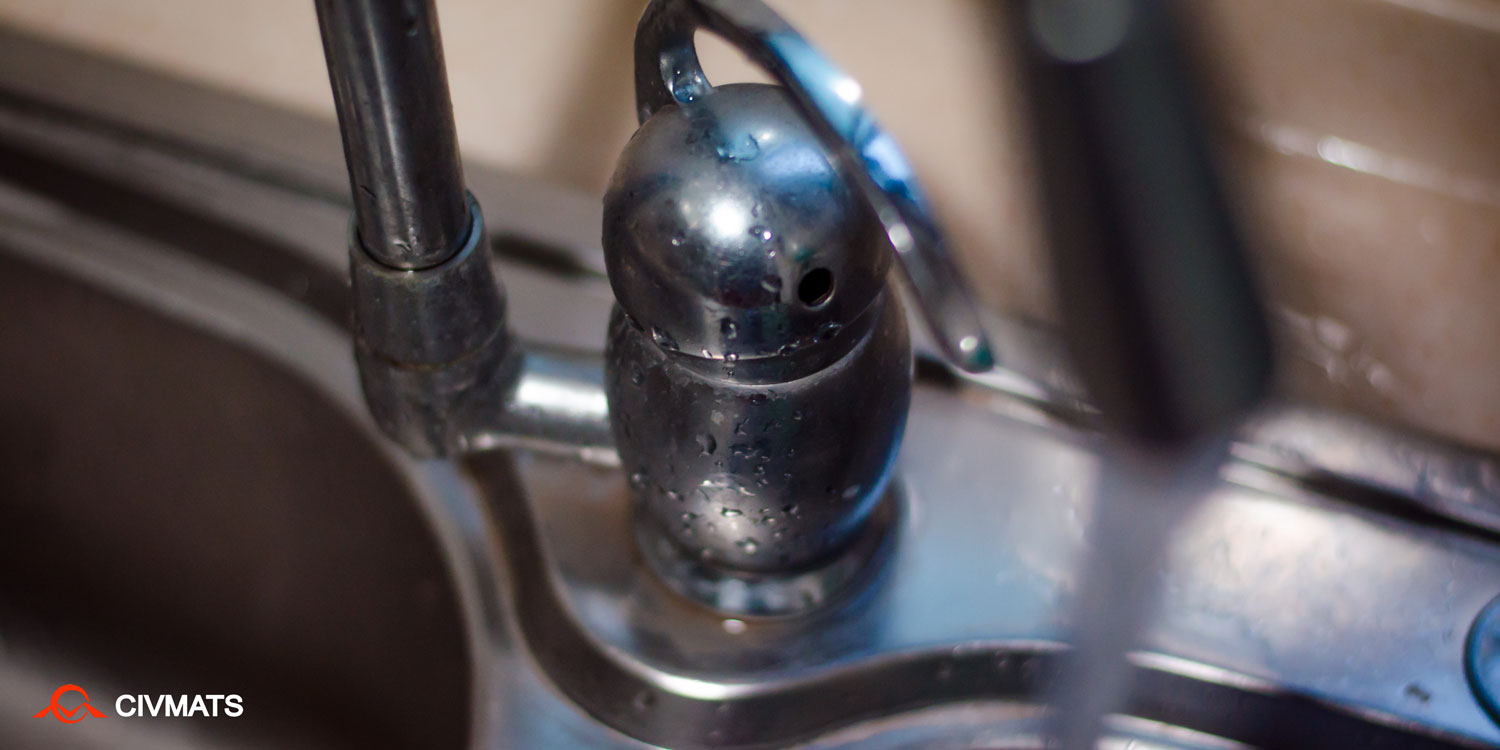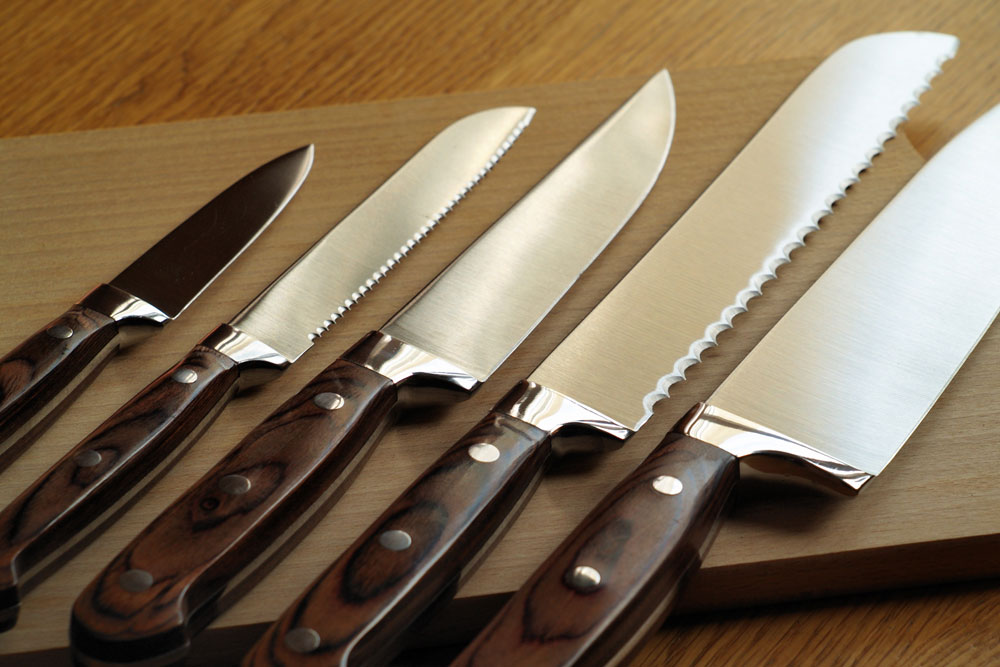Before 1955, galvanized pipe was commonly used as the water supply pipe in Tokyo, Japan. From 1955 to 1980, a large number of plastic pipes and steel-plastic composite pipes were used. Although the water quality and leakage problems of the galvanized pipes were partially solved, the leakage of the water supply pipe network in Tokyo was still very serious. The leakage rate reached an unacceptable 40% to 45% in the 1970s, and the "hidden danger" of water supply was gradually looming. Plastic pipes and steel-plastic composite pipes cannot meet the basic requirements for environmental protection.

The Tokyo Water Supply Bureau conducted extensive research on the leakage problem for more than 10 years. According to the analysis, 60.2% of the leakage was caused by insufficient strength of the water pipe material when subject to the external force, and 24.5% of the leakage was caused by the unreasonable design of the pipe joint. 8% of the leakage was caused by the unreasonable design of the pipeline circuit due to the high expansion rate of plastics. Confronted with this situation, the Japan Waterway Association recommended to improve the water pipe materials and connection methods. From May 1980, stainless steel pipes, pipe joints, elbows, and taps were widely used from the water supply auxiliary main line to the water meter, as well as all the water supply pipes with a diameter of 50 mm or less. As a result, the problem of water leakage is fundamentally solved. In 1982, Japan developed stainless steel bellows, which allowed pipe users to easily bend at any angle, greatly reducing the number of joints or even eliminating joints completely, saving installation time and costs.
In 1980, Japan established the Industrial Standard “JIS G3448 - Stainless Steel Pipes for General Plumbing”. In 1982, the Japan Water Works Association developed the "JWWAG115 - Stainless Steel Pipes for Tap Water" and "JWWAG116 - Stainless Steel Pipe Fittings for Tap Water" standards, and the standard for stainless steel corrugated pipes was also established later. In 1999, the Tokyo Water Supply Bureau used 316 stainless steel bellows as standard material, which marked the era when stainless steel was used as water supply pipe for tap water and water supply pipe in building. According to statistics from the Tokyo Water Department, with the stainless steel rate increased from 11% in 1982 to more than 90% in 2000, the amount of water leakage dropped correspondingly from more than 50,000 locations in the late 1970s to 2-3 locations in 2000 (leaking by joints caused by stray currents). The use of stainless steel water pipes greatly reduced the water leakage rate.
In the 1980s, especially after the 0-157 pathogenic coliform poisoning in 1996, people paid more attention to water quality. Stainless steel pipes and water storage equipment that supplied good water quality were widely welcomed and widely used. In addition, Japan is an earthquake-prone region. In the Great Hanshin Earthquake of 1995, stainless steel tanks and pipelines were not damaged by earthquakes due to their high strength and excellent impact resistance. The stainless steel tanks and pipelines also assumed the task of supplying drinking water to people in the ruins. As a result, the outstanding seismic resistance of stainless steel tanks and pipes had attracted attention.
Nowadays in Tokyo, Japan, the penetration rate of stainless steel water supply pipes had reached almost 100%. All residential areas had installed stainless steel pipes, greatly improving water quality and enhancing earthquake resistance. Moreover, 304 stainless steel or 316 stainless steel were also widely used in a large number of dual-use water transmission bridges (both for water pipelines and flight bridges) and nearly 3,000 stainless steel water transmission bridges had been constructed since 1983.
Japan has been using stainless steel pipes for 40 years. Stainless steel pipes are now recognized by the Japanese as "water container material."
Contact
CIVMATS Co., Ltd. produces high quality 316 stainless steel pipes and pipe fittings for water supply application and systems. Please contact us for more information.
- Company: CIVMATS CO., LIMITED
- Phone: 86-519-81809659
- Fax: 86-519-81809959
- Email: sales@civmats.com
- Address: 10th Floor, Xin Cheng Nan Du, Wujin District, Jiangsu, China
- Website: www.civmats.com

